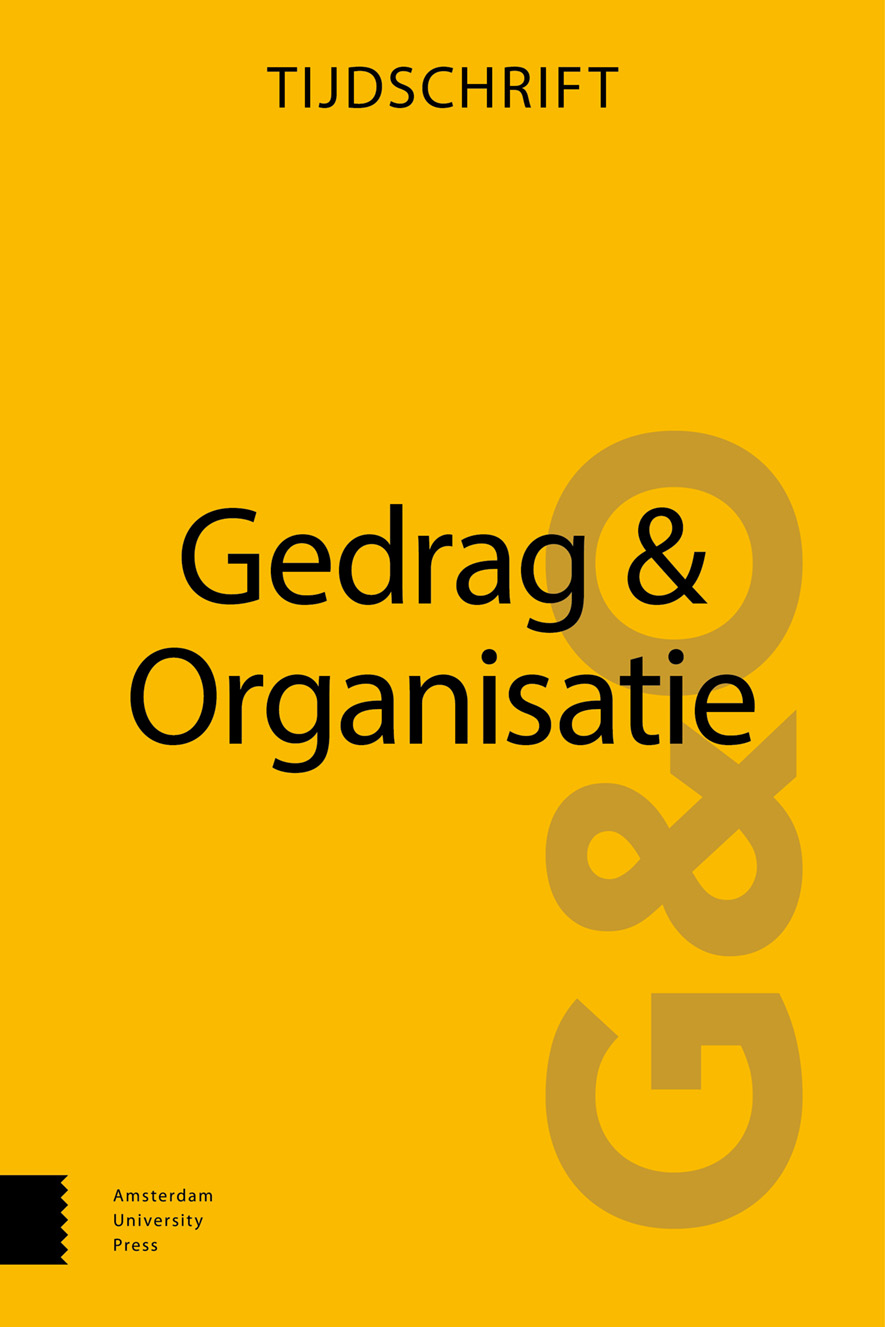-
oa Leren op het werk: Een handelingstheoretisch perspectief
- Amsterdam University Press
- Source: Gedrag & Organisatie, Volume 19, Issue 1, Mar 2006,
- Previous Article
- Table of Contents
- Next Article
Abstract
Employee learning and task characteristics: An action-theoretical perspective
Toon Taris, Michiel Kompier & Etty Wielenga-Meijer, Gedrag & Organisatie, Volume 19, Maart 2006, nr. 1, pp. 69-89
This study examines employee learning behavior as a function of task characteristics. Karasek and Theorell's (1990) Demand-Control (DC) model proposes that high levels of learning will occur when both job demands and job control are high. We consider the evidence for this assumption, arguing that the conceptual foundations of the DC model regarding the processes accounting for learning behavior are weak, while interpersonal differences in the learning process are largely neglected. We then discuss the relationship between learning and task characteristics from the perspective of German Action Theory (AT). AT explicitly discusses the mechanisms accounting for the relationship between task characteristics and learning, also assigning a role to interpersonal differences. Finally, we present a model that integrates action-theoretical insights on learning with DC-based empirical results.


